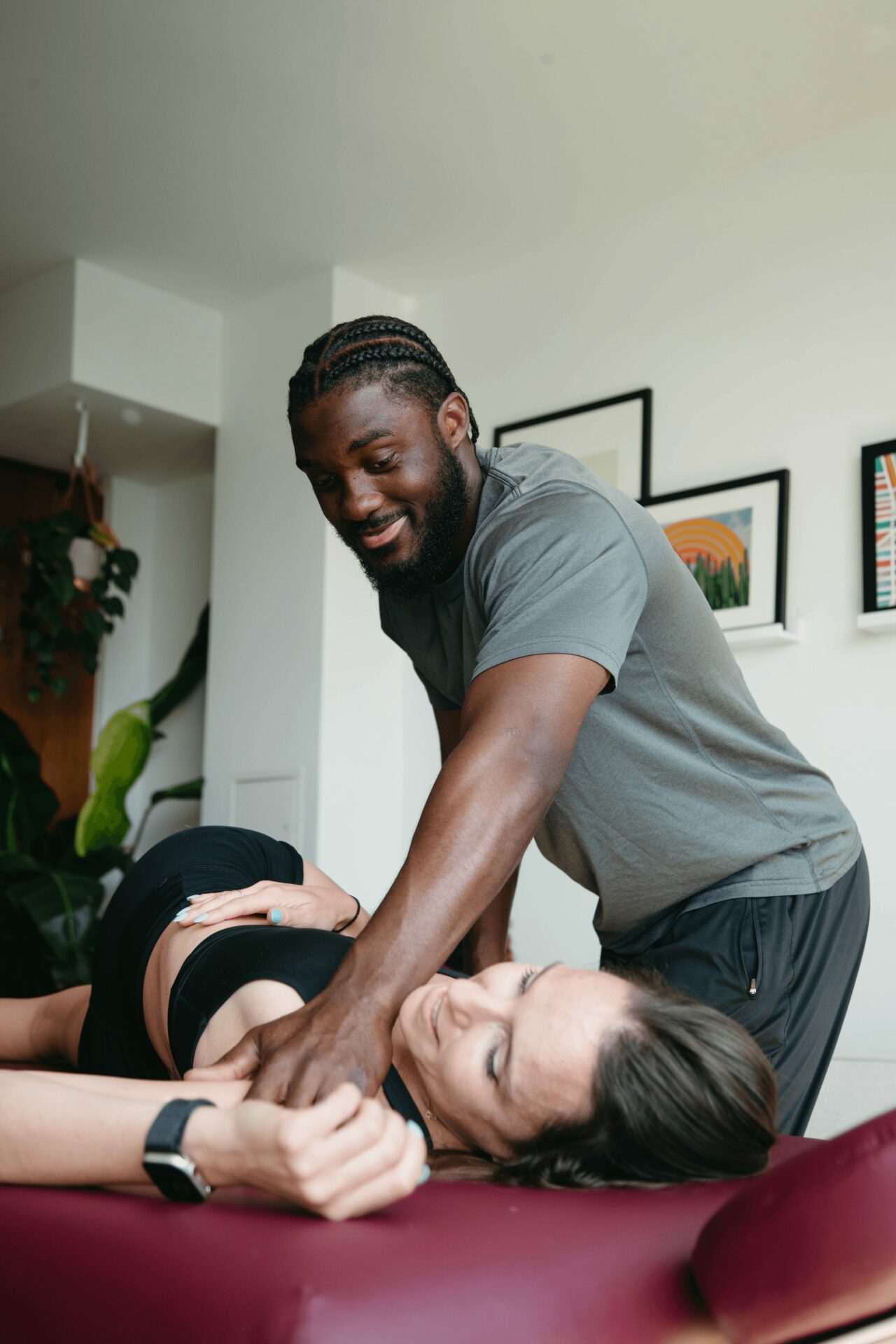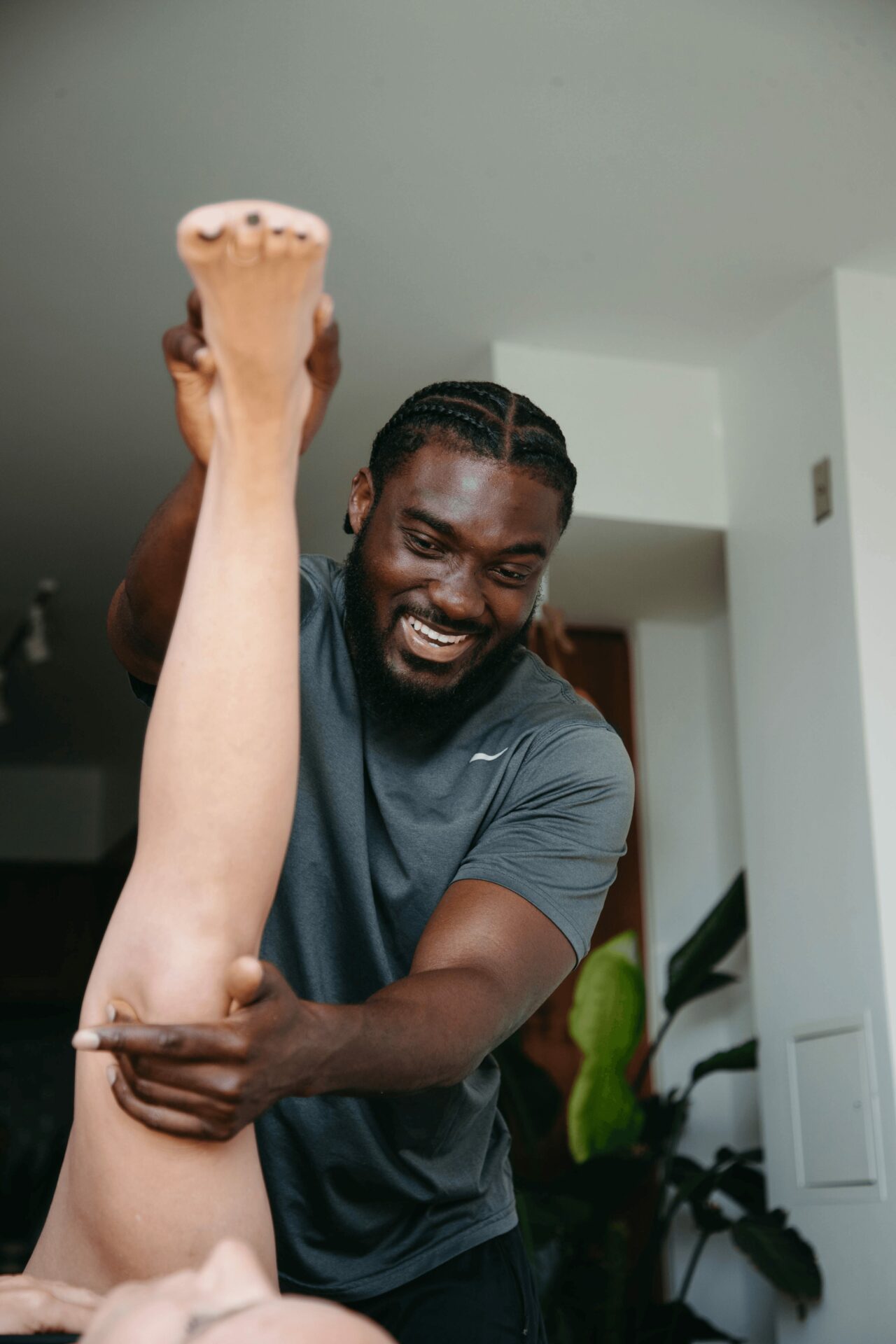We’re excited to introduce you to the always interesting and insightful Chris Yamoah. We hope you’ll enjoy our conversation with Chris below.
Hi Chris, appreciate you sitting with us today to share your wisdom with our readers. So, let’s start with resilience – where do you get your resilience from?
My resilience has always been within me for as long as I can recall, but my parents played a significant role in nurturing it. For them to come to the US from Ghana to ensure that my siblings and I had the opportunity to receive a good education and life shows not only courage but also resilience. Despite enduring many failures, they never quit; if they were knocked down ten times, they got up eleven. Witnessing their perseverance helped shape the foundation of my resilience. It’s one of the strengths I recognize in myself: the ability to push through any obstacle I encounter. No matter how many times life slows me down, I always find a way to identify the lessons being taught while pushing through.

Appreciate the insights and wisdom. Before we dig deeper and ask you about the skills that matter and more, maybe you can tell our readers about yourself?
I am a licensed Athletic Trainer, and I have my own sports recovery business (Recvry Zone). I started off as a PRN athletic trainer for a company called Select Medical, where I was the first-ever ATC for a high school in DC (District of Columbia International). After that, I became the Head Athletic Trainer at Washington Adventist University while also doing some work with the NBA. When the pandemic hit, I was blessed with the opportunity to be part of the NBA bubble back in 2020. After that, I received a full-time position as a medical liaison. As this is fully remote with some travel, it allows me to be hands-on with my clients for the business I started, Recvry Zone.
I started Recvry Zone in 2018 as a way for athletes to get recovery treatment during the off-season. The thought of it all started when I was at a seven-on-seven event. I had asked some college players what they do during the off-season to recover, and most of them replied, saying sleep and ice. That led me to brainstorm ideas on how to incorporate what we do in the training room as an off-season service. Over time, my services reached weekend warriors and everyday 9-5 workers.
The most exciting feeling in all of this is knowing that someone feels 10 times better either leaving a session with me or getting some information that they needed or had no clue about. It brings me joy to know I’m helping someone live a better life.
My next steps are to tap into international markets, starting with Ghana and possibly some European countries. I’m just taking things one step at a time.

Looking back, what do you think were the three qualities, skills, or areas of knowledge that were most impactful in your journey? What advice do you have for folks who are early in their journey in terms of how they can best develop or improve on these?
Be a great listener, don’t get tunnel vision, and know how to network. In this field, listening is everything; people will tell you how they feel, or what’s wrong with them, or even give obvious signs, so knowing how to listen and observe will help you tremendously. ‘Tunnel vision’ is a term I learned in college from my professor. When assessing an injury, don’t just look at the specific area, but understand that the body has a whole, as everything is connected; usually, the problem is not within that specific area. Finally, your network is your net worth; building healthy relationships will help you ten times out of ten. The truth is, sometimes it’s not about how much you know, but who you know. I’ve seen people get jobs just from a phone call. With the position I am currently in, I was able to help students get observational hours just from a phone call; that shows the power of networking. So when networking, make sure to build relationships through meaningful conversations, but also by being a good person, checking up on people, asking them how they are doing, not just physically, but mentally as well.

Before we go, any advice you can share with people who are feeling overwhelmed?
When I feel overwhelmed, I personally do one of two things. The first is to take a moment and step back from whatever is causing the issue, and not think about it, either by golfing or traveling (changing scenery). This allows me to gather my thoughts and calm down to assess the situation. So, whatever it is that brings you peace or relaxation, go do that and come back to assess the situation, as you may think more clearly.
Contact Info:
- Instagram: @Themoahway
- Linkedin: https://www.linkedin.com/in/christopher-yamoah-06bb79164
- Other: Business IG Page
@recvryzone






Image Credits
Client: Caren Plummer
IG: Care_Plummer
Photographer: Corey Gray
IG: Coreyagray
so if you or someone you know deserves recognition please let us know here.




